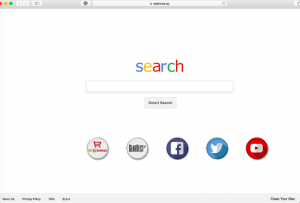Tech Tip of the Week: Browser Hijacking
Have you ever searched for something only to realize what you thought was Google just doesn’t look right? You might be the victim of a browser hijacker. These clever little pirates infect your web surfing experience through email attachments, file downloads from sketchy sites, or could be bundled with other software downloads. Their functions range from the annoying – changing the default settings of your browser to point to their search engine, to the serious security risk – installing keyloggers that record each key stroke and report this information to a third party. These programs are always re-branding and repackaging themselves as word gets out on how to avoid them. Some have even switched from looking like Google to looking like Bing. They are really difficult to remove and scatter hidden files all throughout your computer in an attempt to reactivate themselves and reinstall. Be careful as you seek solutions, the hijacker will most likely point you to ‘search results’ that lead to even more problems disguised as solutions. It would probably be best to seek solutions on a laptop that hasn’t been hijacked, or seek ‘professional’ assistance. Here are just a few names to be on the lookout for: searchitnow, conduit, trovi, myShopCoupon, chumsearch, SearchAssist. Spyware, malware, adware, and worse, browser hijackers should be avoided when at all possible.



